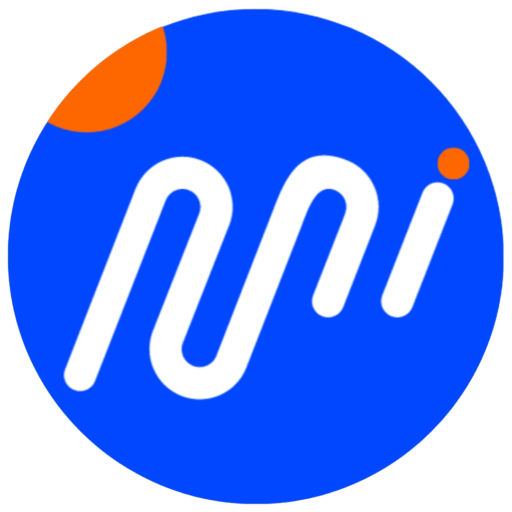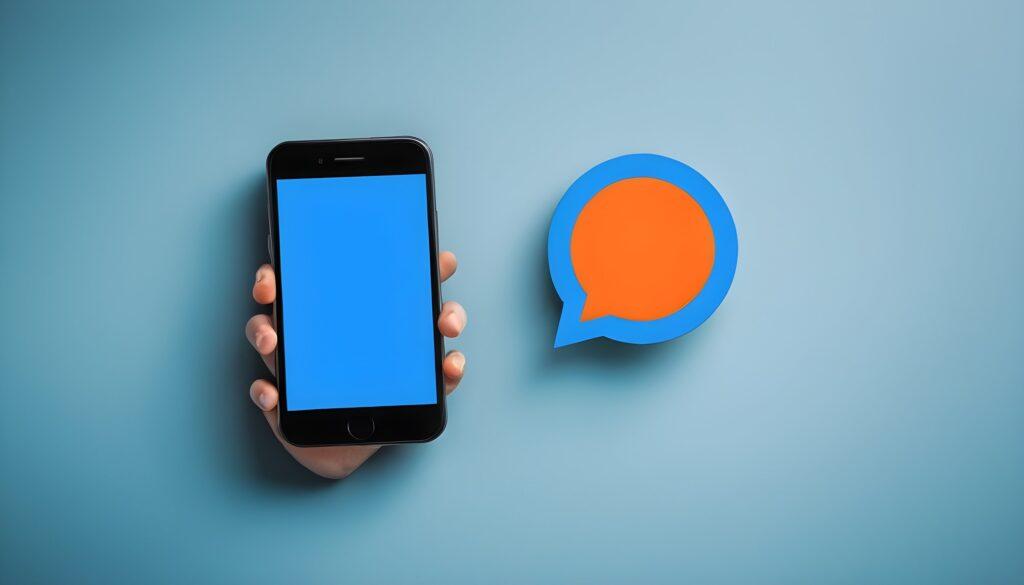WhatsApp has become one of the most popular messaging apps in the world, with over 2 billion users worldwide. It’s no wonder that businesses are now turning to WhatsApp as a marketing tool to reach their target audience. In this ultimate guide, we will explore the strategies and best practices for successful WhatsApp marketing in 2024.
1. Building Your WhatsApp Audience
The first step in WhatsApp marketing is to build your audience. Start by promoting your WhatsApp number on your website, social media profiles, and other marketing channels. Encourage your existing customers to join your WhatsApp list by offering exclusive discounts or valuable content.
Remember to always get explicit consent from your audience before adding them to your WhatsApp list. This ensures that your messages are welcomed and avoid any potential legal issues.
2. Creating Engaging Content
Once you have built your WhatsApp audience, it’s important to create engaging content that resonates with them. Share valuable information, tips, and updates related to your industry. Use a mix of text, images, and videos to keep your audience interested and entertained.
Consider using WhatsApp’s interactive features like polls, surveys, and quizzes to encourage engagement and gather feedback from your audience. This will not only help you understand their preferences but also make them feel involved in your brand.
3. Personalized Messaging
One of the key advantages of WhatsApp marketing is the ability to send personalized messages to your audience. Use their names and tailor the content based on their preferences and previous interactions with your brand.
Segment your audience based on demographics, interests, or purchase history, and send targeted messages to each group. This will make your audience feel valued and increase the chances of conversion.
4. Automating Your WhatsApp Campaigns
As your WhatsApp audience grows, it can become challenging to manage and send individual messages to each subscriber. That’s where automation comes in handy.
Use WhatsApp marketing tools that allow you to automate your campaigns, schedule messages, and set up chatbots to handle common queries. This will save you time and effort while ensuring a consistent and personalized experience for your audience.
5. Leveraging WhatsApp Business API
If your business has a large customer base or requires advanced features, consider using the WhatsApp Business API. This API allows businesses to integrate WhatsApp into their existing CRM systems, automate customer support, and send transactional messages.
However, keep in mind that the WhatsApp Business API is more suitable for larger businesses with dedicated resources and technical expertise.
6. Analyzing and Optimizing Your Campaigns
Like any marketing strategy, it’s crucial to analyze the performance of your WhatsApp campaigns and make necessary optimizations. Monitor key metrics such as open rates, click-through rates, and conversion rates to gauge the effectiveness of your messages.
Experiment with different types of content, messaging strategies, and timing to find what works best for your audience. Continuously refine your campaigns based on the insights you gather to maximize your results.
7. Staying Compliant with WhatsApp Policies
Lastly, it’s essential to stay compliant with WhatsApp’s policies and guidelines. Avoid sending spammy or promotional messages without consent. Respect your audience’s privacy and always provide an option to opt-out from your WhatsApp list.
Keep yourself updated with any changes in WhatsApp’s policies to ensure that your marketing efforts remain within the platform’s guidelines.
WhatsApp marketing can be a powerful tool to connect with your audience and drive business growth. By following these strategies and best practices, you can make the most out of WhatsApp marketing in 2024 and beyond.




